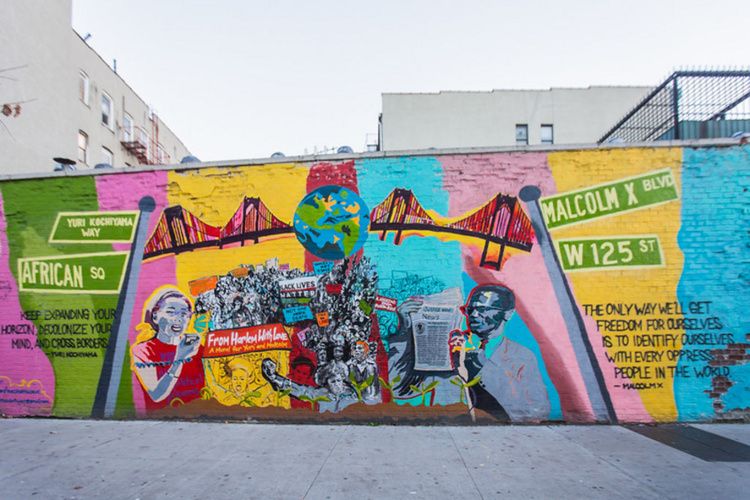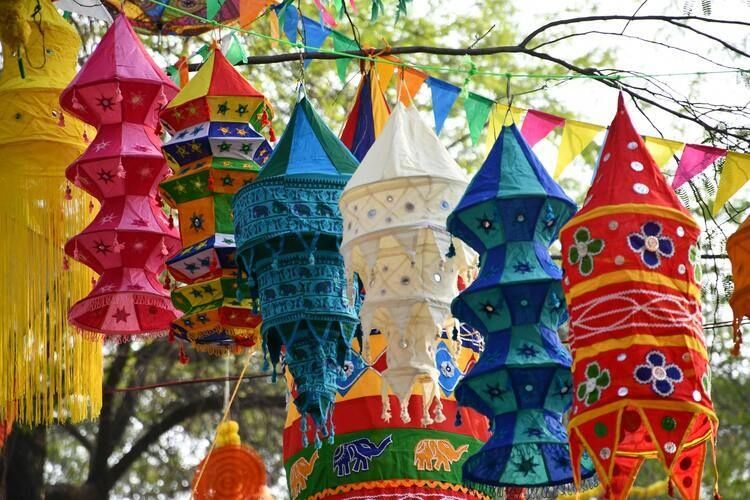South Asia Program
International Relations Minor Career Paths

April 29, 2025
4:00 pm
Rockefeller Hall, 105
Are you considering starting a career that utilizes regional expertise, language skills, or experience with foreign policy? Ever wondered what it's like to work in various capacities in governments, how to prepare yourself to be a successful applicant for jobs, or what work will let you utilize your knowledge of the world? Are you curious to learn more about current events, history, or the broader global implications of your major? Whether you are interested in a possible career in public service, academia, or the private sector, the international relations undergraduate minor can help you explore these opportunities.
Please join the Einaudi Center for International Studies for a discussion about career paths and opportunities at the State Department and in public service, featuring Cornell alumni who will share their insights:
Jason Oaks, Deputy National Intelligence Officer for East Asia, U.S. Department of StateAngie Yucht Swenson, Founder and Principal of AYS Tutoring and Consulting, LLC
To attend virtually, register here.
This session is presented by the Einaudi Center and the faculty advisor of the international relations minor, Oumar Ba. The minor is open to all Cornell undergraduate students interested in learning about the politics, economics, history, languages, and cultures of the world.
Additional Information
Program
Einaudi Center for International Studies
Reppy Institute for Peace and Conflict Studies
East Asia Program
Southeast Asia Program
Latin American and Caribbean Studies
Institute for African Development
Institute for European Studies
South Asia Program
Migrations Program
Fall 2025 South Asia Courses

Check out the array of South Asia area studies and language courses offered in the Fall 2025 semester.
International Fair

August 27, 2025
11:00 am
Uris Hall, Terrace
International Fair showcases Cornell's global opportunities for undergraduate and graduate students. Explore the fair and find out about international majors and minors, language study, study abroad, funding opportunities, global internships, Cornell Global Hubs, and more.
The International Fair is sponsored by the Mario Einaudi Center for International Studies and Office of Global Learning (both part of Global Cornell) in partnership with the Language Resource Center.
Register on CampusGroups to receive a reminder. Registration is not required.
Additional Information
Program
Einaudi Center for International Studies
Reppy Institute for Peace and Conflict Studies
East Asia Program
Southeast Asia Program
Latin American and Caribbean Studies
Institute for African Development
Institute for European Studies
South Asia Program
Migrations Program
Southwest Asia and North Africa Program
Trump’s Tariff Blitz Could Hardly have Come at a Worse Time for China

Eswar Prasad, SAP
“So far China has been relatively strident, but the reality is that they are on the back foot,” says Eswar Prasad, senior professor of international trade policy.
Additional Information
Trump Disrupts Global Economic Order Even Though the US is Dominant

Eswar Prasad, SAP
“There is a deep irony in Trump claiming unfair treatment of the American economy at a time when it was growing robustly while every other major economy had stalled or was losing growth momentum,” says Eswar Prasad, senior professor of international trade policy.
Additional Information
Reciprocal Tariffs Baffling; Some Adverse Effects will be on India

Kaushik Basu, SAP/IES
Einaudi CRADLE cofounder and former World Bank chief economist Kaushik Basu discusses U.S. “reciprocal” tariffs with the Times of India.
Additional Information
Canada, Greenland, Gaza, and Ukraine Are Homelands—Not Frontiers for Exploitation

Karim-Aly S. Kassam, PACS/SAP
Canada is viewed as nothing more than a frontier by the U.S. administration. In history, invading colonizers treat these lands and its peoples as ripe for extraction and exploitation.
Additional Information
The Homelands of Canada, Gaza, Greenland, and Ukraine

Karim-Aly S. Kassam, PACS/SAP
“How we mistreat each other parallels how we abuse the land, and how we misuse the land corresponds to how we oppress each other,” writes Karim-Aly Kassam.
Additional Information
Canceled “Cross-Cultural Harlem: Relations of Race, In Place,” Sandhya Shukla

April 15, 2025
4:45 pm
Goldwin Smith Hall, G64
Additional Information
Program
Einaudi Center for International Studies
South Asia Program
South Asian New Year Celebration

April 19, 2025
3:30 pm
Klarman Hall, G70
New Year is a major cultural event celebrated across South Asia, and this campus-wide celebration highlights the rich languages and traditions associated with this festival. The event will serve as an opportunity for students of all backgrounds to engage through music, dance, food, and language-focused activities featuring the diverse ways New Year is celebrated across South Asia. It will promote awareness and appreciation of South Asian cultures and the less commonly taught languages within the Cornell community, foster cultural exchange and inclusivity, and strengthen the sense of community among South Asian students and beyond.
The event will feature:
Language Workshops: Interactive language sessions featuring greetings, common phrases, images of rituals and traditions, calligraphy, regional calendars, etc.Food Fair: A showcase of authentic cuisines from South Asian regions, small plates featuring traditional New Year's foodArts & Crafts Corner: Hands-on activities, including alpana (folk art), mask-making, mandala drawing and coloring activity, etc.Cultural Performances (starting at 5:00 pm in Klarman Auditorium): Poetry recitations, traditional music, and dance performances by student groups and artists from the Cornell Community
Additional Information
Program
Einaudi Center for International Studies
South Asia Program
